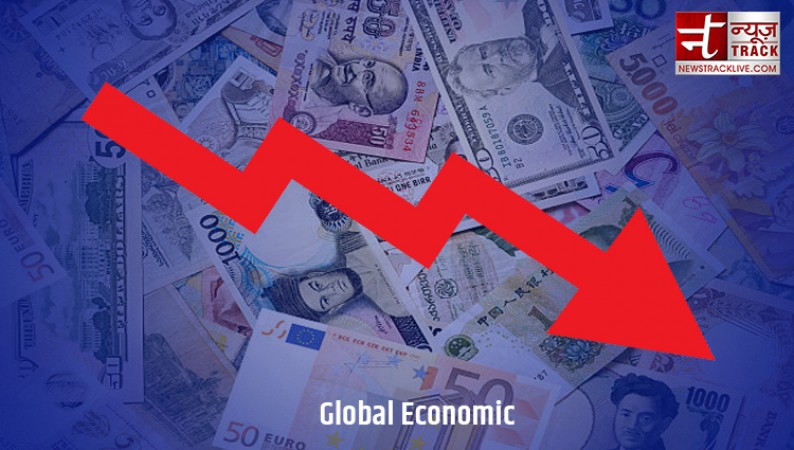
USA: In the coming five years, the global economy will experience its weakest growth since the 1990s due to issues brought on by the pandemic and political unrest, according to International Monetary Fund (IMF) Managing Director Kristalina Georgieva.
She cautioned that the severe slowdown in the world economy that occurred last year as a result of the Covid-19 pandemic and the conflict in Ukraine is expected to continue in 2023 and could last for the following five years.
The rate of global GDP growth over the next five years will be around 3%, down from an average of 3.8% over the previous 20 years and the worst performance in more than three decades. According to the IMF's estimates, the global GDP will grow by less than 3% this year, which is in line with its 2.9% forecast from January.
According to Georgieva, who spoke before the April 11 release of the IMF World Economic Outlook report, global growth last year dropped by almost half, from 6.1% to 3.4%, after a post-pandemic initial rebound in 2021.
She emphasised that this year, up to 90% of advanced economies are likely to see their growth rates slow down as higher interest rates have a negative impact on activity in the US and the Eurozone.
Also Read: Last year the cost of food increased by 18% globally, including a 21% increase in the price of grain
"A robust recovery remains elusive with rising geopolitical tensions and with inflation still running high," Georgieva said. She continued, "That harms everyone's prospects, especially for the most vulnerable individuals and nations."
The head of the IMF urged nations to take action to increase global productivity and issued a warning against economic fragmentation brought on by geopolitical tensions.
Georgieva claims that despite financial uncertainty in the wake of recent turmoil with lenders in the US and Switzerland, rising inflation that is affecting the majority of the wealthy nations of the world will force central banks to keep raising interest rates. This will put additional pressure on the banking industry.
She urged everyone to "be vigilant and more nimble than ever," noting that regulators may have to make more difficult decisions in order to safeguard the financial system in the face of ongoing inflation and difficulties in the banking industry.
Also Read: US Economy adds 236K jobs in March amid signs of market cooling
Global GDP could decrease by up to 7%, or $7 trillion, according to Georgieva's warning. This amount is equal to the combined annual output of Germany and Japan. Long-term disintegration in global trade could be caused by restrictions on capital flows, international cooperation, and migration.